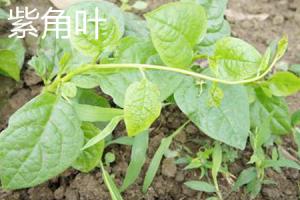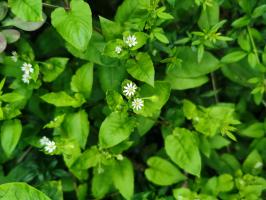Do Rubber Tree Plants Get Worms?
Rubber tree plants, also known as Ficus elastica, are a popular choice for indoor plants. With their large, glossy leaves, they make a great statement piece in any room. However, like any plant, rubber tree plants are not immune to pests. One common pest that can affect rubber tree plants are worms.
Identifying Worms on Rubber Tree Plants
There are several types of worms that can affect rubber tree plants. One common worm is the rubber tree plant caterpillar. These caterpillars are small, green worms that are often found on the underside of the leaves. They can quickly strip a plant of its leaves if left unchecked.
Another worm that can affect rubber tree plants is the leaf miner. Leaf miners are small, yellow or brown worms that burrow into the leaves of the plant. This can cause damage to the leaves and make them look unsightly.
If you notice small holes or bite marks on the leaves of your rubber tree plant, you may have a worm infestation. Inspect the plant carefully to identify the type of worm that is affecting your plant.
Preventing Worms on Rubber Tree Plants
The best way to prevent worms from affecting your rubber tree plant is to keep the plant healthy. A healthy plant is more resistant to pests and diseases. Make sure your plant is getting enough light, water, and nutrients.
It's also important to inspect your plant regularly for signs of pests. Check the leaves and stem of your plant for any signs of worms, such as small holes or droppings. If you notice any signs of pests, take action immediately to prevent the infestation from getting worse.
If you are purchasing a new rubber tree plant, inspect it carefully before bringing it into your home. Make sure there are no signs of pests or diseases on the plant.
Treating Worm Infestations on Rubber Tree Plants
If you have a worm infestation on your rubber tree plant, there are several methods you can use to treat the infestation. One method is to use an insecticidal soap. This type of soap is safe for plants and will kill any worms on contact.
You can also use neem oil to treat a worm infestation. Neem oil is a natural insecticide that is safe to use on plants. It works by suffocating the worms and preventing them from feeding on the plant.
If the infestation is severe, you may need to prune the affected leaves or remove the entire plant. This will prevent the infestation from spreading to other plants in your home.
Conclusion
While rubber tree plants are a beautiful addition to any home, they are not immune to pests such as worms. By keeping your plant healthy and inspecting it regularly, you can prevent worm infestations from occurring. If you do notice a worm infestation, there are several safe and effective methods you can use to treat the infestation and keep your plant healthy and beautiful.

 how many times do yo...
how many times do yo... how many planted tre...
how many planted tre... how many pine trees ...
how many pine trees ... how many pecan trees...
how many pecan trees... how many plants comp...
how many plants comp... how many plants can ...
how many plants can ... how many plants and ...
how many plants and ... how many pepper plan...
how many pepper plan...
































